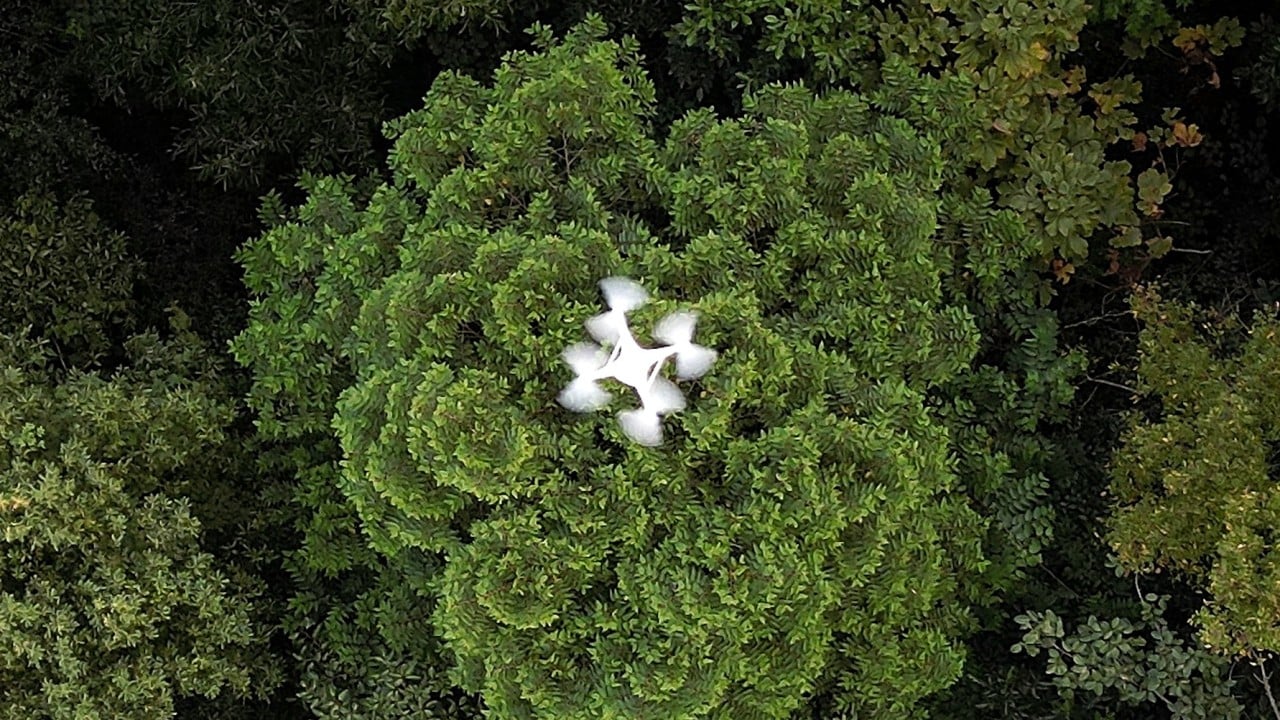Thailand and Malay-Muslim insurgents agree to March-April ceasefire, cautious hope for permanent peace
The conflict has claimed at least 7,300 lives, the majority of them civilians, caught up in the near-daily shootings and bomb attacks in a restive area just a few hundred miles from Thailand’s southern tourist beaches.
Malaysian boycotters hail win as FamilyMart says it does ‘not deal with Israel’
Malaysian boycotters hail win as FamilyMart says it does ‘not deal with Israel’
His government took over last year after nearly a decade of military-dominated administration and has retained conservative arch-royalists in the cabinet.
On Wednesday, Chatchai Bangchuad, the Thai government’s chief negotiator concluded two days of talks with Anas Abdul Rahman, the lead envoy of the main separatist group the Barisan Revolusi Nasional (BRN). The talks were hosted by Malaysia’s mediator Zulkifli Zainal Abidin in Kuala Lumpur.
“[Both sides agree] to ensure that Ramadan and Songkran will be a peaceful period,” Zulkifli said as part of a “cessation of hostilities” in confidence-building measures towards signing a wider peace deal.
“There is a light at the end of the tunnel,” he said.
Both sides agreed to meet again later this month and in March to iron out details towards the adoption of the Joint Comprehensive Plan Towards Peace (JCPP).
Thailand cracks down on ‘low-quality’ China-made elephant-print copycat trousers
Thailand cracks down on ‘low-quality’ China-made elephant-print copycat trousers
The BRN has called for an independent ‘Patani’ but has sometimes indicated it is willing to compromise with self-determination or a level of autonomous government within the Thai state.
“We hope that the change of the Thai government to one that is so-called ‘democratic’ will provide momentum towards resolving this lengthy conflict,” the BRN’s Anas Abdul Rahman told This Week in Asia.
“Whatever system of governance in Patani has to be relevant and fit the aspirations of the Patani people … a distinct community with its own racial history, its own language, and culture,” he added.
Ramadan starts on March 11 and runs for a month, while Songkran day is observed on April 13, meaning the ceasefire is set to be in effect for several weeks.
Yet, partial ceasefires have been broken in the past in a vicious, highly localised conflict which sees tit-for-tat killings across a large swathe of rugged and remote land.
Hundreds of teachers, local officials and even some Buddhist monks deemed to be collaborating with the Thai state teachers have been killed while bomb attacks and ambushes have hit Thai military convoys and on occasion civilian targets in city centres.
In return, Malay Muslims accused of being members of – or working with – the insurgent units have been shot in gunfights, extrajudicially killed or forced into hiding.
Mistrust runs deep among a Muslim population which says it is routinely harassed by searches and random detention powers held by a Thai Buddhist state.
As Malaysia halves Najib’s sentence, watchdog warns of mass street protests
As Malaysia halves Najib’s sentence, watchdog warns of mass street protests
Conflict experts say a difficult dance lies ahead between the ethno-religious aspirations of the Muslim majority in the south, and the Thai Buddhist-majority state, whose reflexes over the generations have been to force assimilation instead of ceding political power.
“There has been talk of opening up cultural and political space for the Malays,” Don Pathan, a Thailand-based security analyst told This Week in Asia, in a “hearts and minds” bid to win over the local population.
“[But] for the Malays, religion and identity are two sides of the same coin. Abandoning Malay identity for a Thai one will affect the religious side of the coin.”


